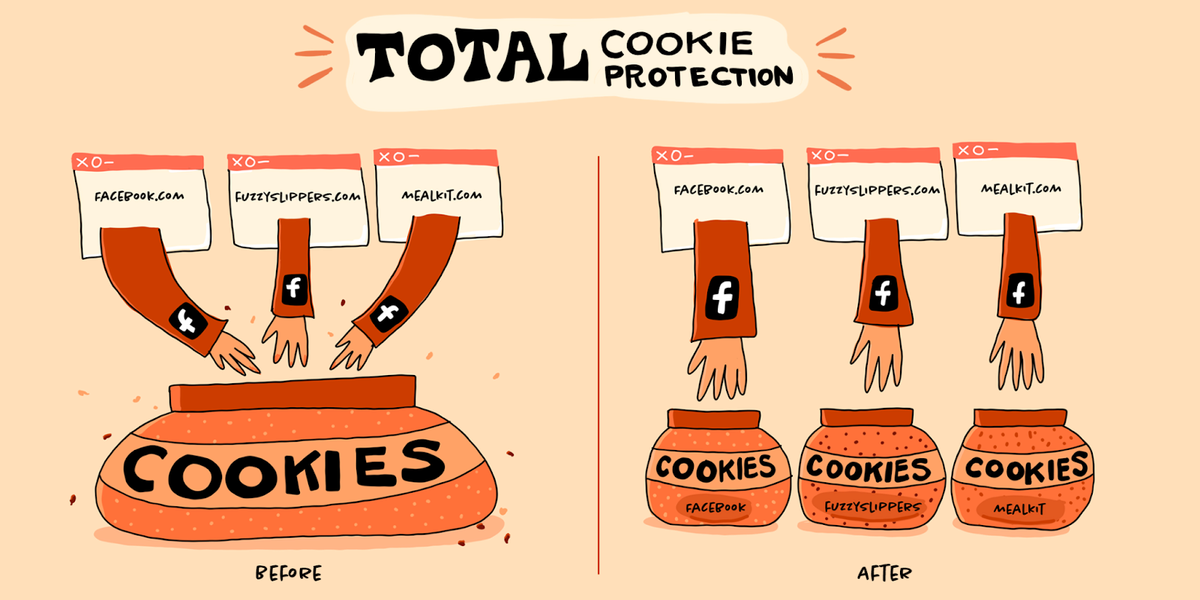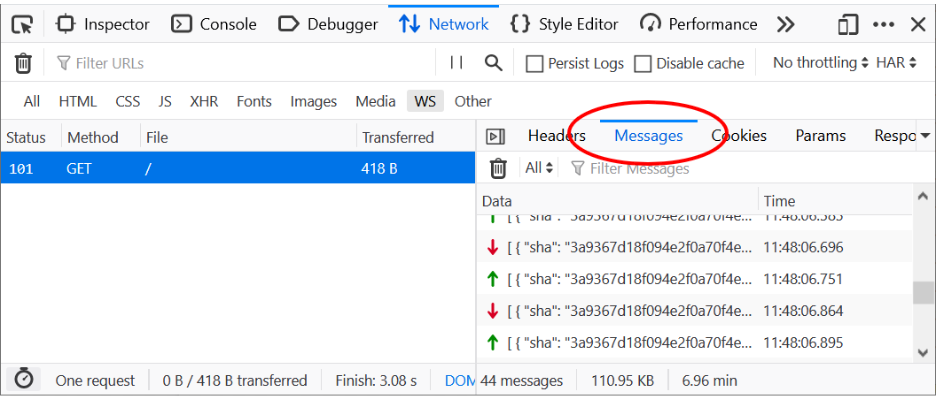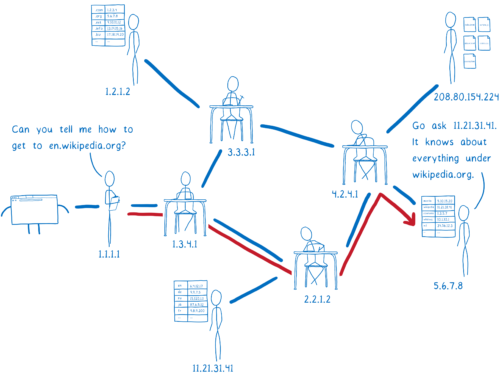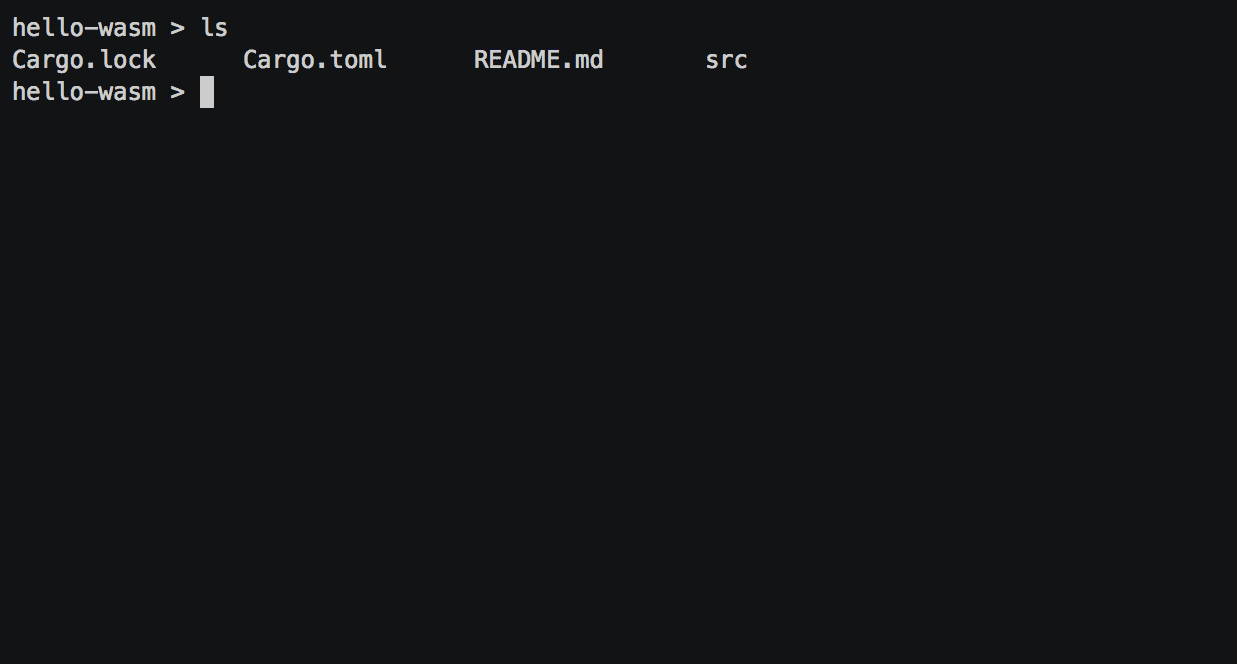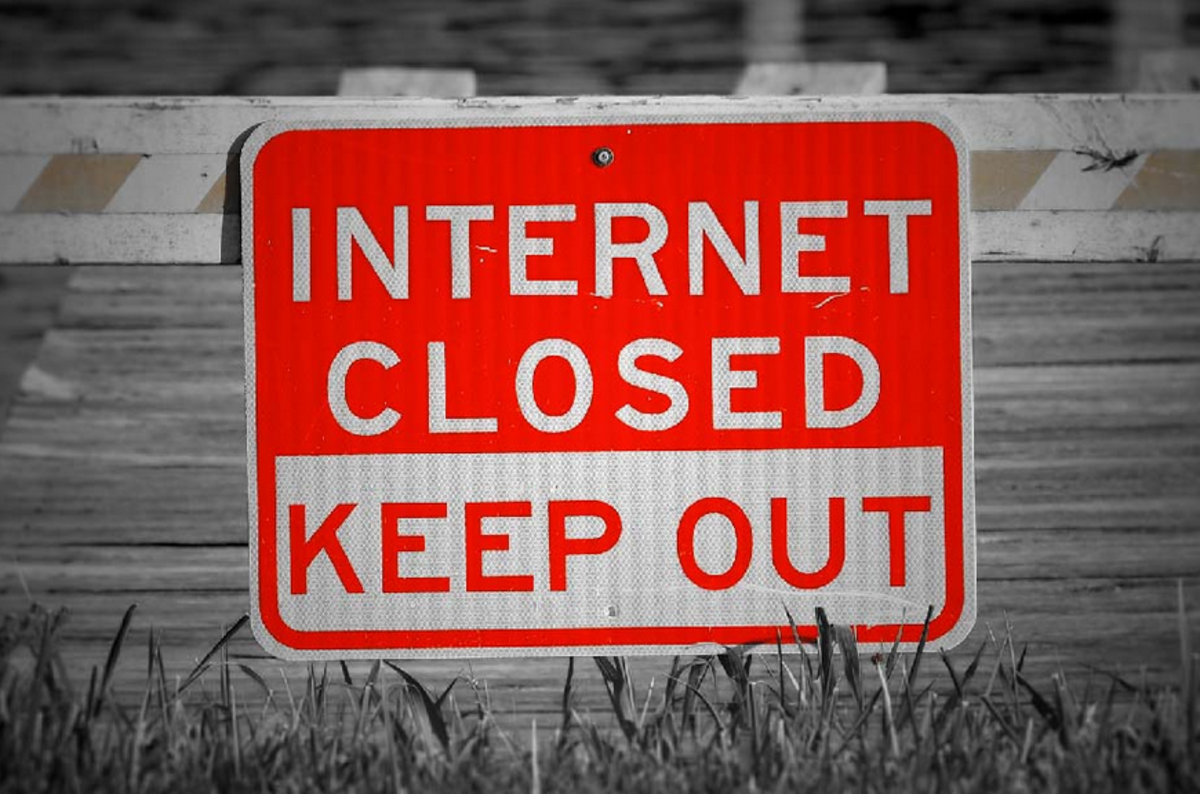Today Mitchell Baker, CEO of Mozilla Corporation, shared news of big changes taking place at Mozilla in the wake of COVID-19. In addition to the changes noted below, Mozilla is also laying off 250 employees while it makes these changes.
…going forward we will be smaller. We’ll also be organizing ourselves very differently, acting more quickly and nimbly. We’ll experiment more. We’ll adjust more quickly. We’ll join with allies outside of our organization more often and more effectively. We’ll meet people where they are. We’ll become great at expressing and building our core values into products and programs that speak to today’s issues. We’ll join and build with all those who seek openness, decency, empowerment and common good in online life.
This internal document includes the details about the restructuring and other specifics.
I’ve reached out to Mitchell via LinkedIn messages to invite her on The Changelog for deep dive into the future of the internet. If you or anyone you might know has a direct connection to Mitchell, please pass this invitation on to her — we’d love to have her on the show.
